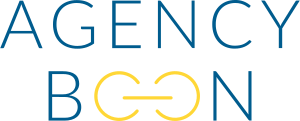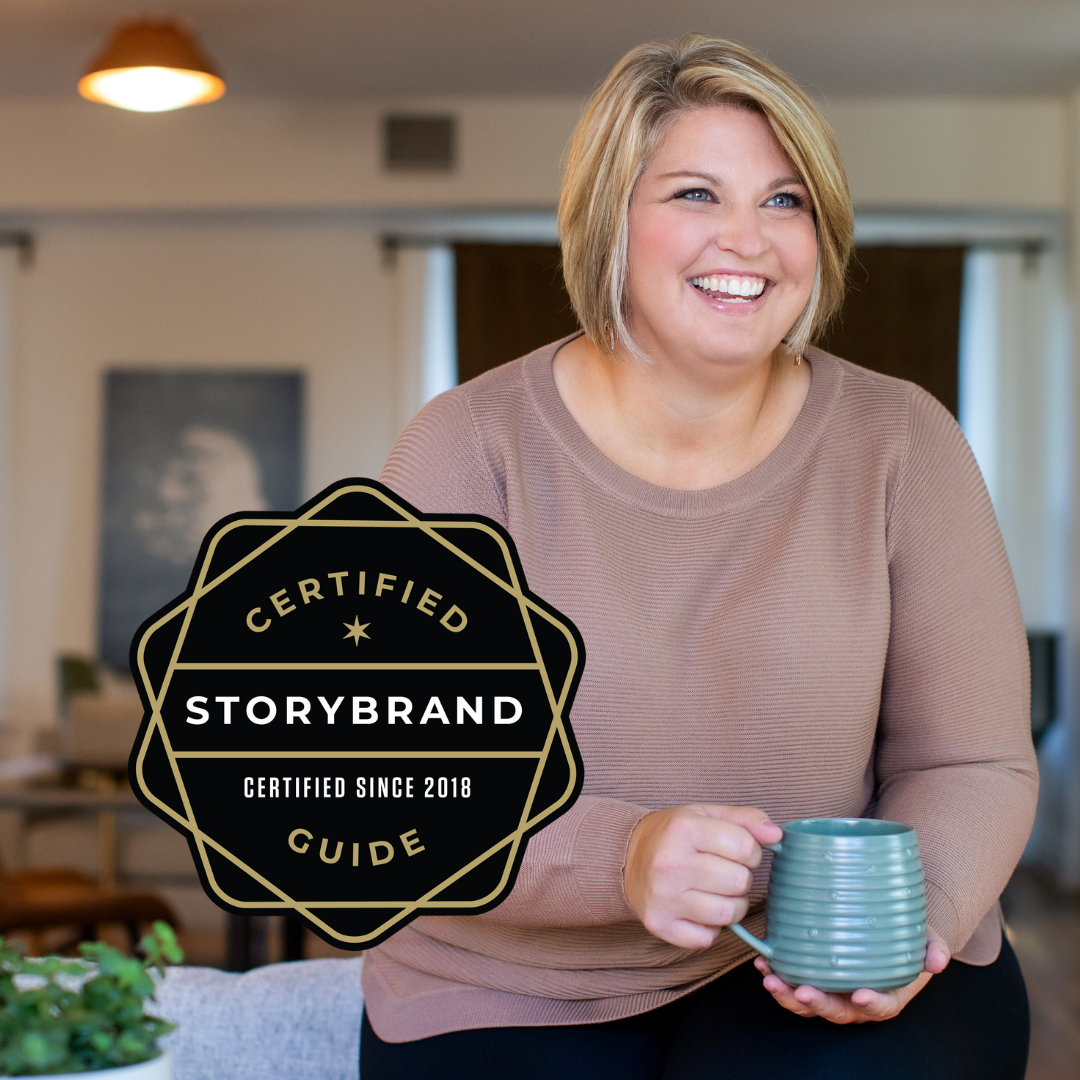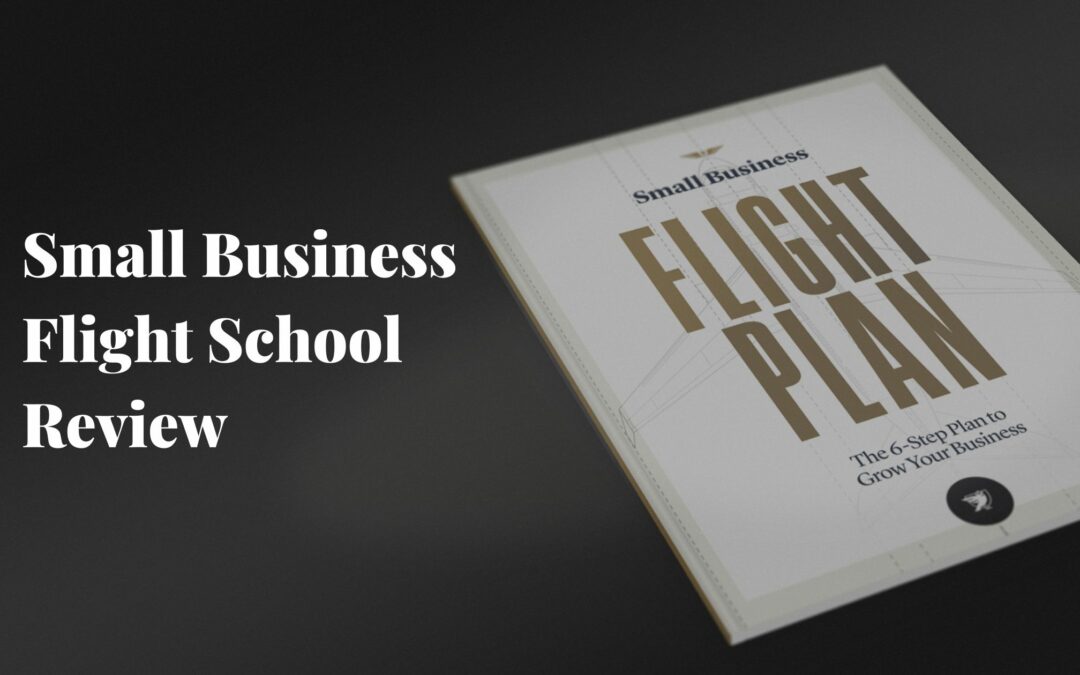Business owners and marketers who were eager to learn from Donald Miller flew in from all over the world to learn the framework from the master guide himself. Some even flew in to become a StoryBrand Certified Guide.
When the coronavirus pandemic hit at the beginning of 2020, it threw a bit of a wrench into StoryBrand’s business model.
Instead of stalling its offerings, the company made a strategic decision to pivot its in-person marketing workshops to online, easily accessible marketing workshops.
As business owners, we can learn a lot from Donald Miller, the coronavirus, and the StoryBrand online marketing workshop.
StoryBrand’s decision to pivot its offerings amid this pandemic is a great case study into leadership, strategy, and adaptation. As well as how one can continue with StoryBrand marketing in a crisis.
In this post, we will highlight how those three skills have appeared in the StoryBrand company throughout this crazy pandemic.
The Leadership of Donald Miller
If you’re a fan of his written works and company, you know Donald Miller has a knack for leadership.
His ability to clearly articulate his vision and encourage others to pursue it is the hallmark of an excellent leader.
We were able to, however, see Donald Miller put his leadership into practice as soon as this pandemic hit.
We knew Donald could write and we knew he could lead a successful company, but could he lead a successful company through a crisis?
This question was on our minds as we’re sure it was on Mr. Miller’s mind and his employees’ minds too.
While we don’t know the current financial status of StoryBrand (and we didn’t necessarily know it before covid-19 hit), one thing is for sure – StoryBrand has a plan.
The company could have formed a reactive plan to the pandemic, but it seems it’s executing on an active plan that the leadership has articulated and communicated. This is evidenced by the increase in free webinars the company is doing and the addition of several new courses on its Business Made Simple University platform.
There is a plan in place.
And this plan came from the leadership of the company (i.e. Donald Miller).
While leadership is indeed important in a time of crisis, so is positioning.
If a brand isn’t positioned well in a crisis, then its revenue begins to fall flat.
How did StoryBrand position itself in-market during this pandemic?
That’s the next topic we’ll tackle in this article.
The Strategic Positioning of the StoryBrand Online Marketing Workshop
A business is only as good as the product or service it offers. While the StoryBrand marketing workshop was successful as an in-person, hands-on event, would it be as successful as an online workshop?
Again, this is a question that we had and we’re certain Donald Miller and the StoryBrand crew thought the same thing.
While StoryBrand didn’t alter the content of the workshop, they did cut the price for it by 2/3rd of the original price.
The company positioned the workshop as the same workshop that one would attend in-person but at 1/3rd of the price due to a lack of face-to-face interaction with guides and facilitators.
A customer is still able to interact with guides and facilitators through breakout groups, so not much is lost in our opinion.
This was more of an empathy play from StoryBrand as the company knew individuals and businesses were struggling due to the pandemic. So, for 1/3rd of the price a business owner or marketer could still get the same value by attending the StoryBrand online marketing workshop as they could before.
The company positioned itself well and we believe they probably have the revenue to back up that claim.
So, how did StoryBrand the organization adapt to this pandemic specifically?
That’s the next and final question we’ll answer in this post.
The Adaptation of StoryBrand
How did StoryBrand adapt so well to the pandemic? Well, we don’t think it was that difficult for them.
The company already had a slew of online courses that they offer, and it was used to doing free webinars for lead generation and brand awareness.
So, in short, the company already had the infrastructure needed to pivot to only online offerings.
It makes a lot of business sense to offer exclusive online offerings as well because, although the company didn’t pay for customer expenses, there likely were a lot of expenses when it hosted in-person events.
This way, StoryBrand can cut down costs and still generate reasonable amounts of revenue.
And with the technical infrastructure needed to deliver online events already in place, the need to adapt to the pandemic was almost a blessing for the company.
It’ll be interesting to see if StoryBrand continues offering online marketing workshops, returns to in-person events, or adopts a hybrid model of both.
Only time will tell!





